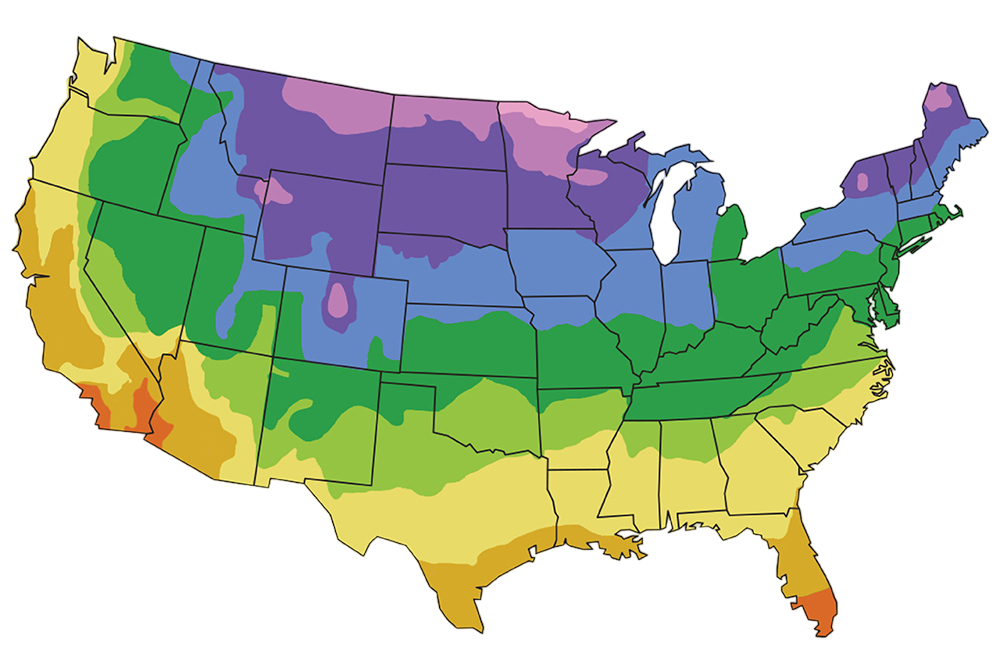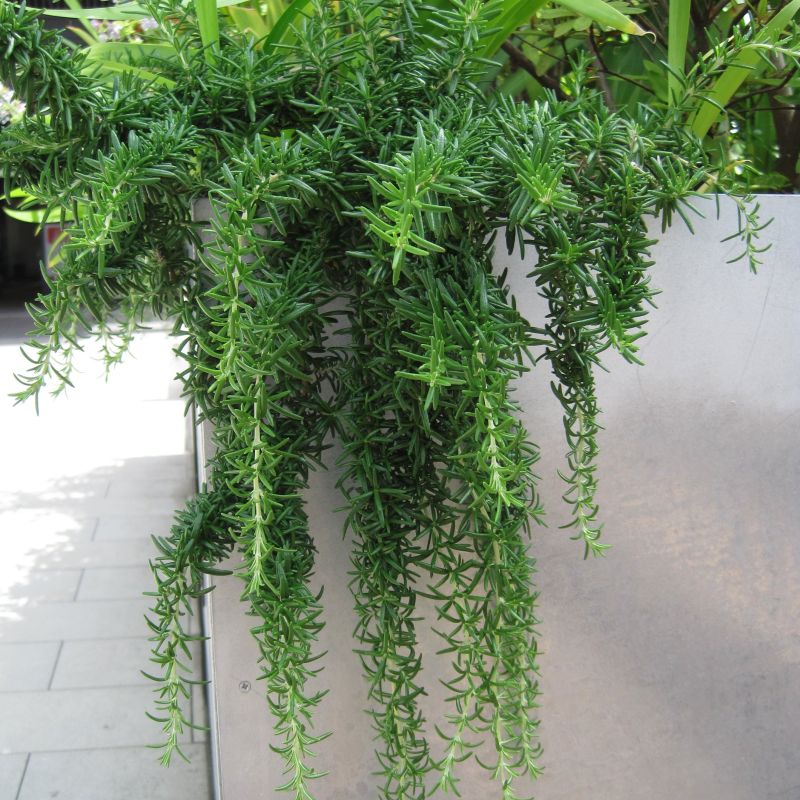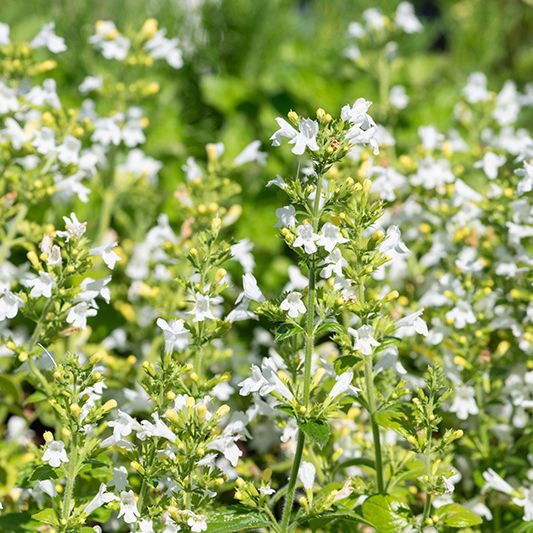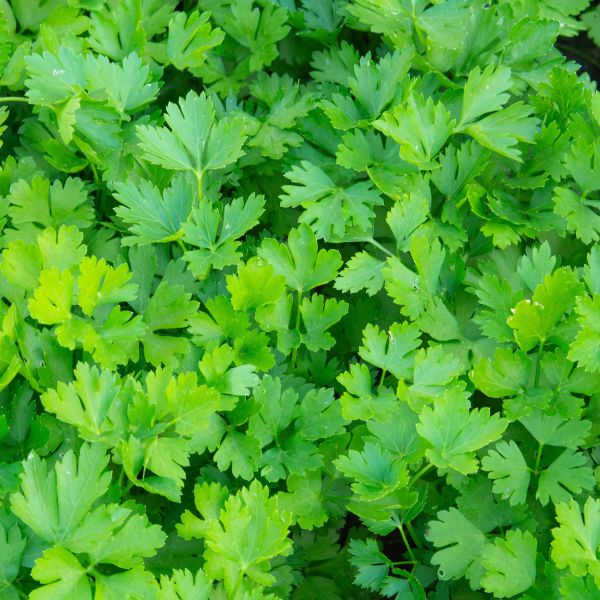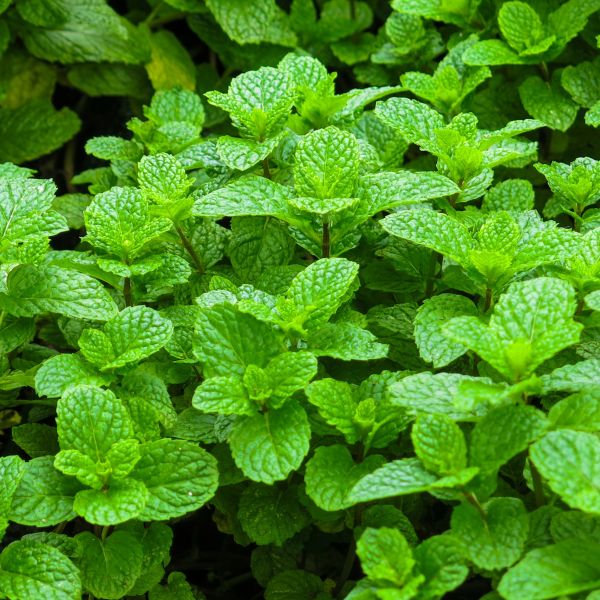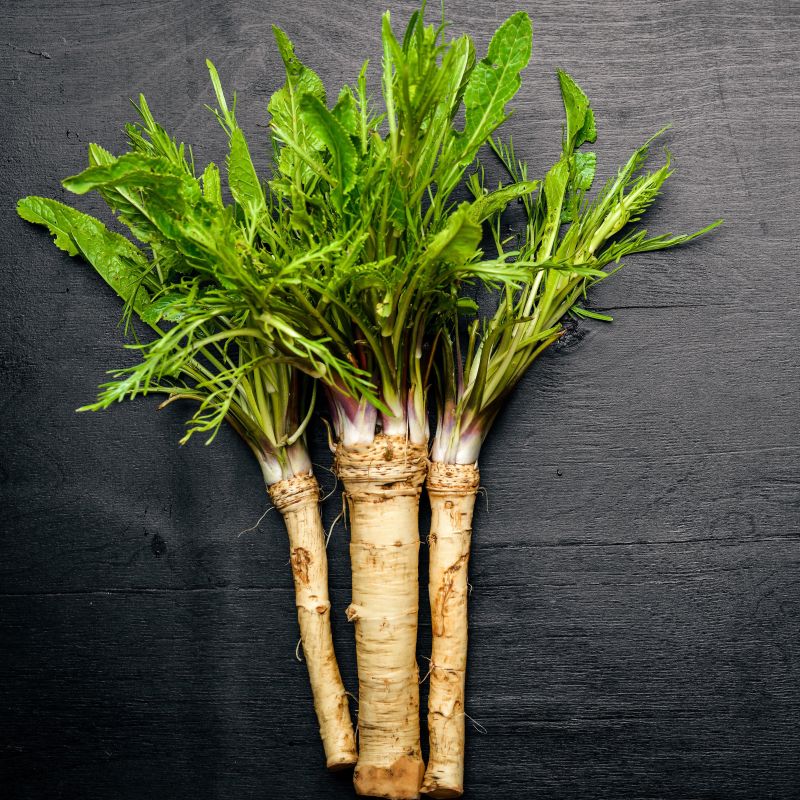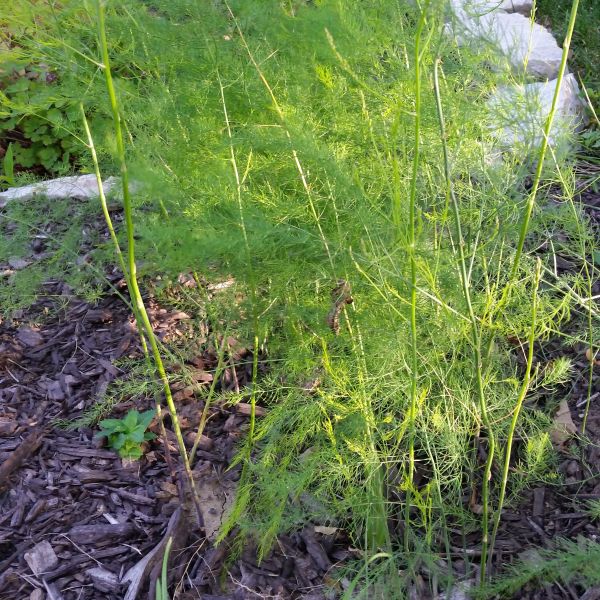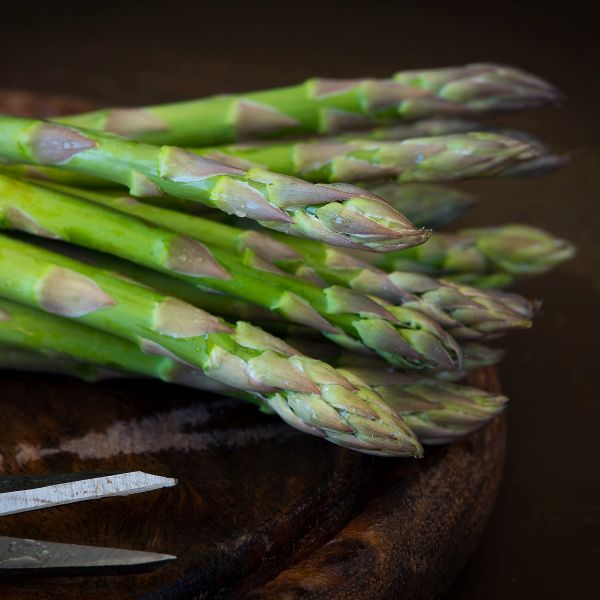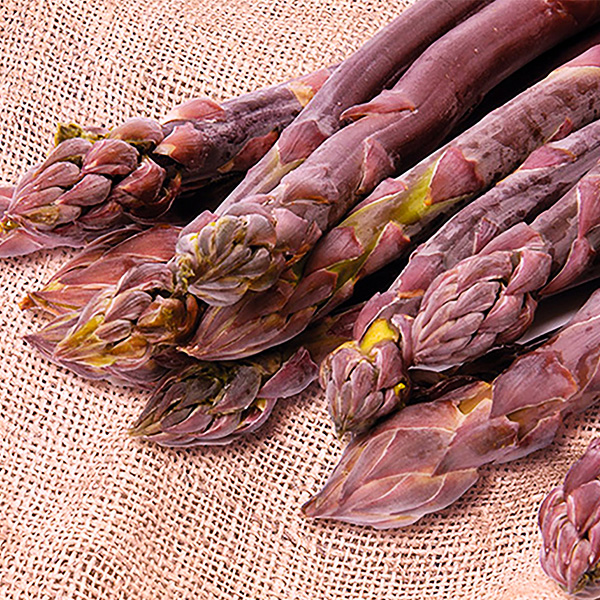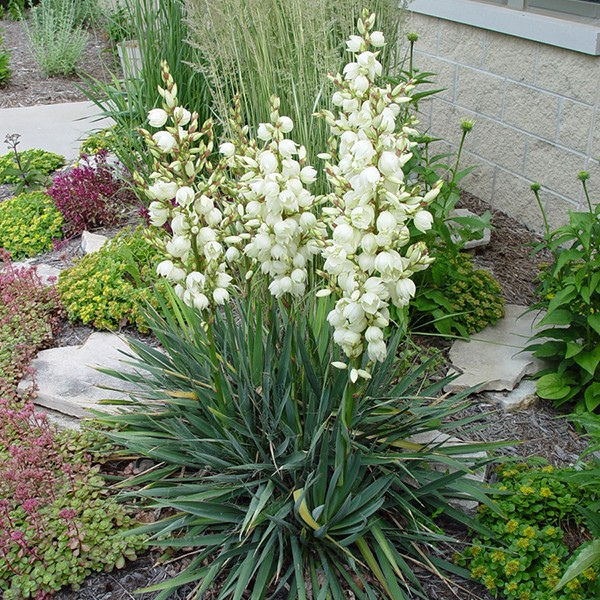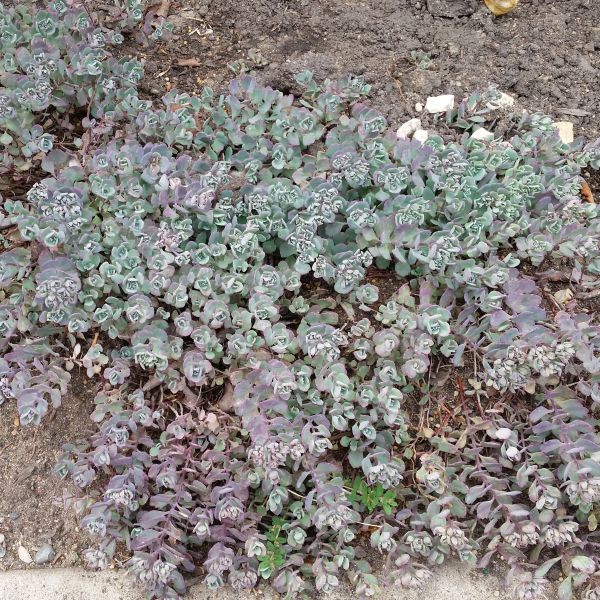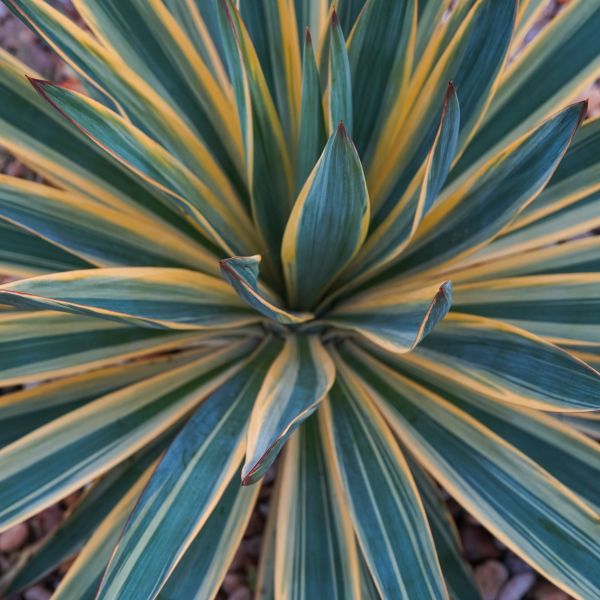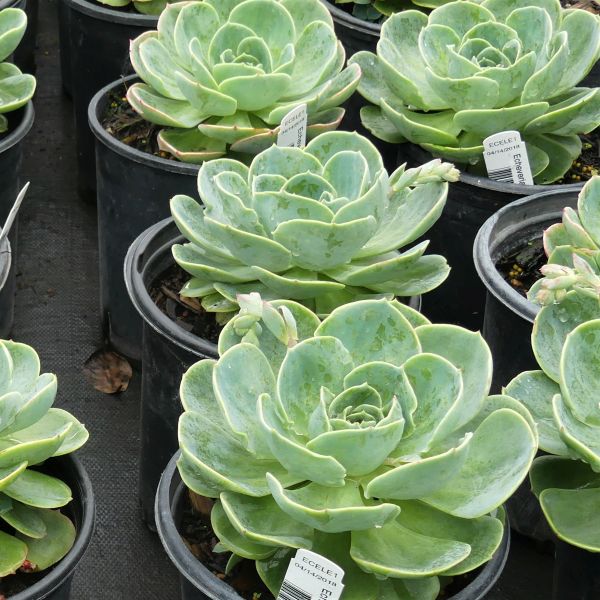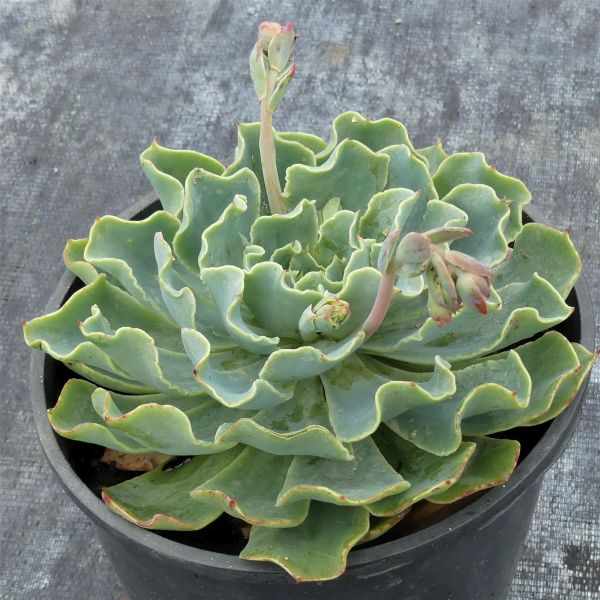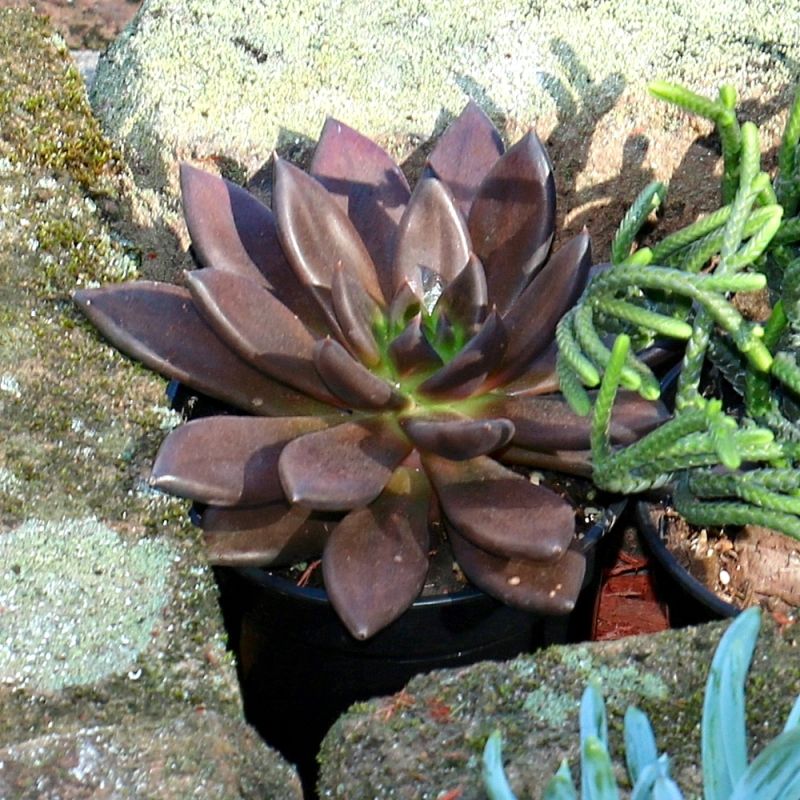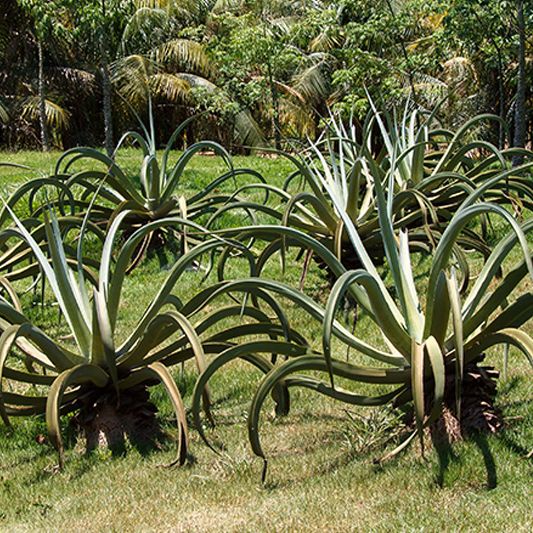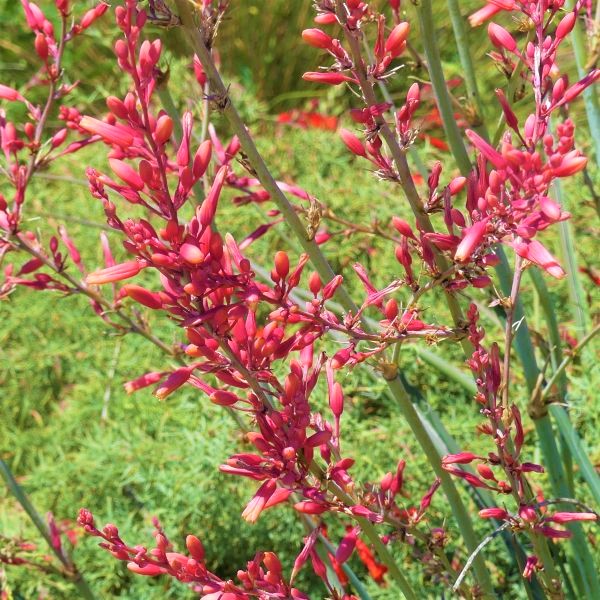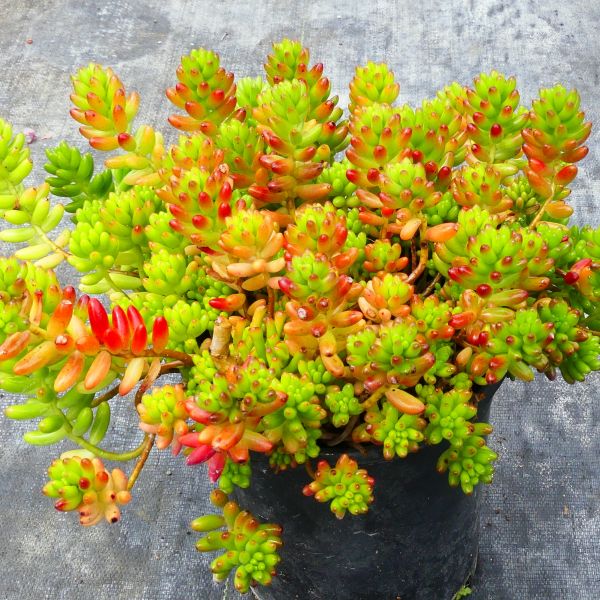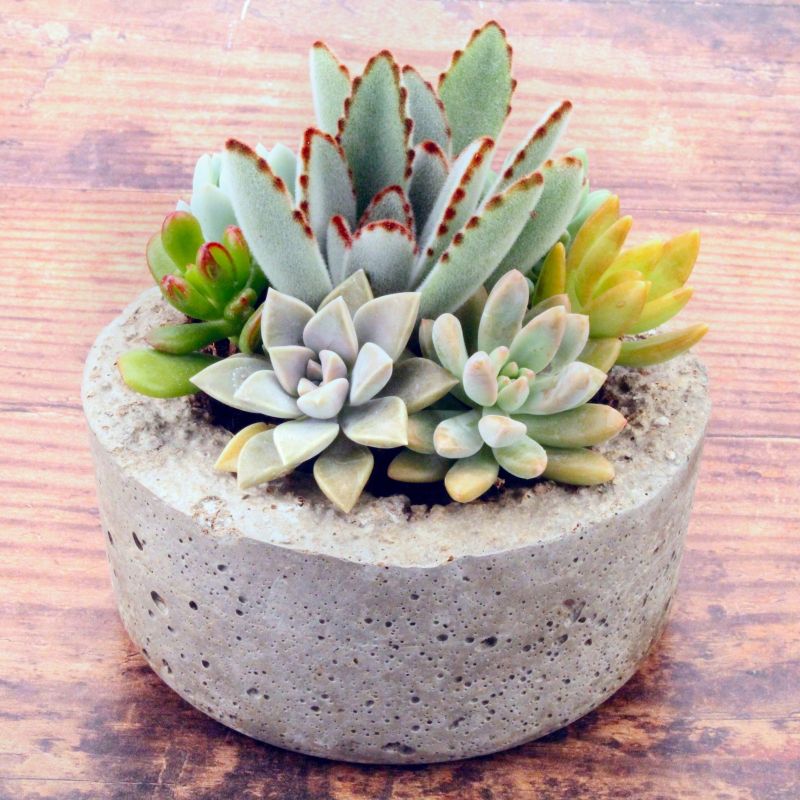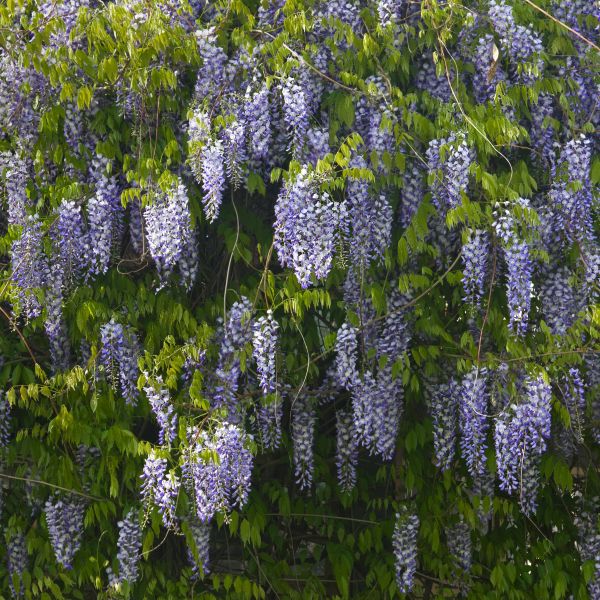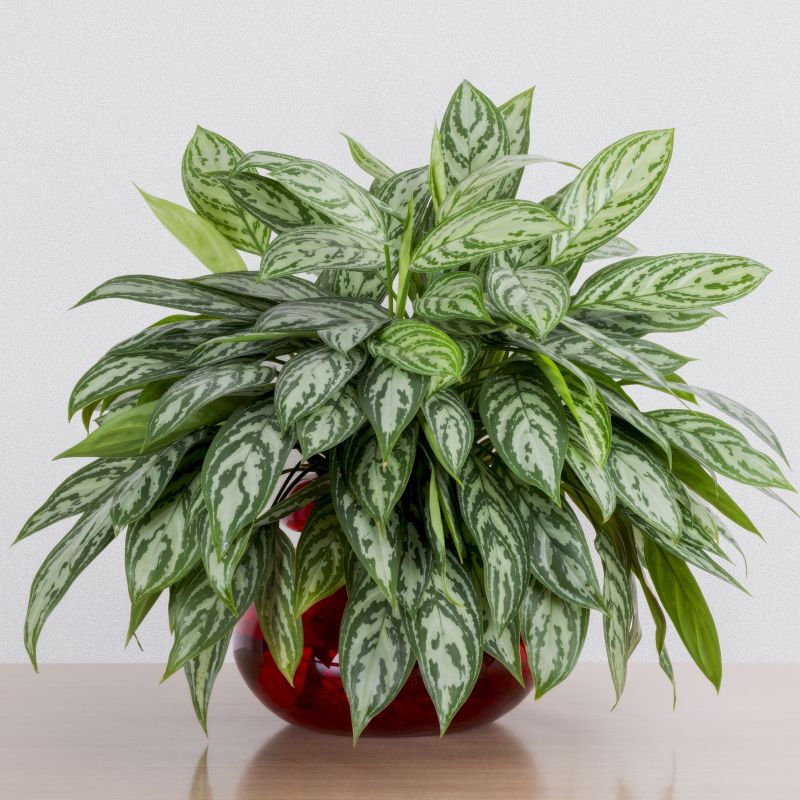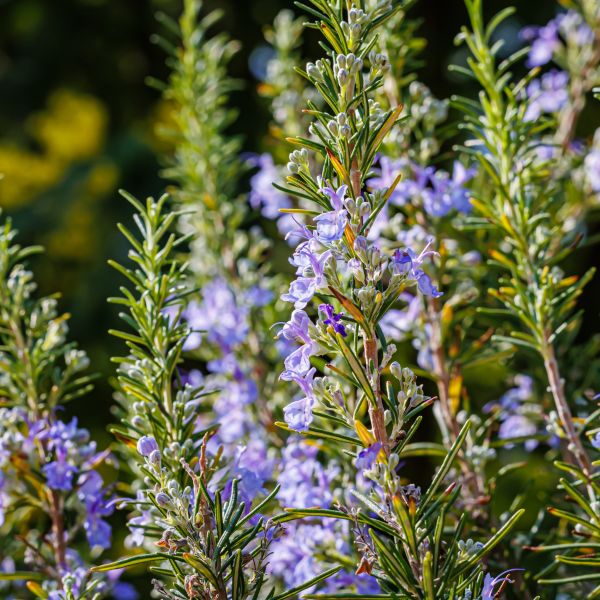

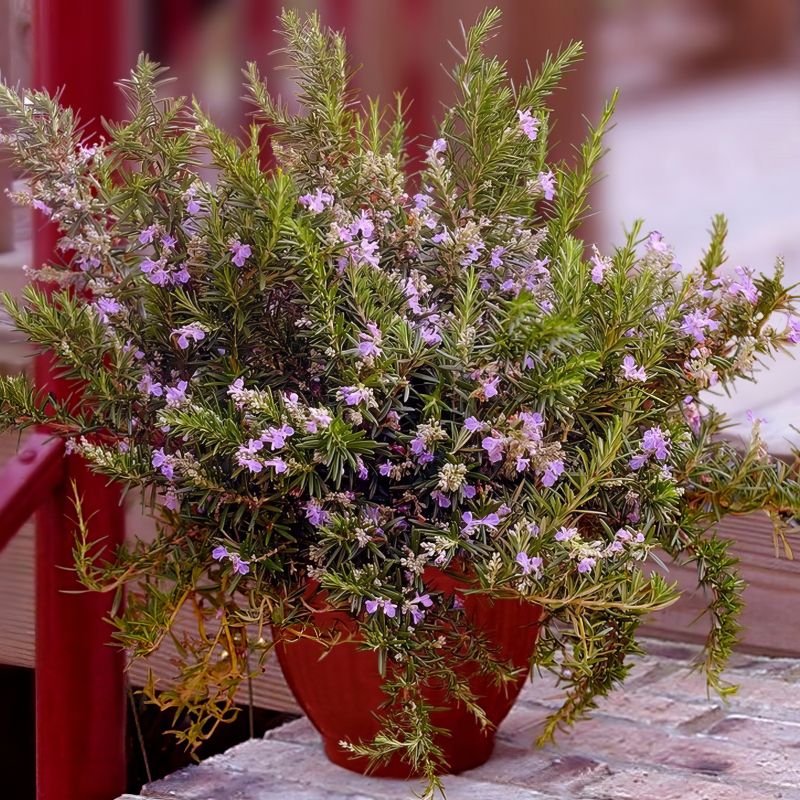
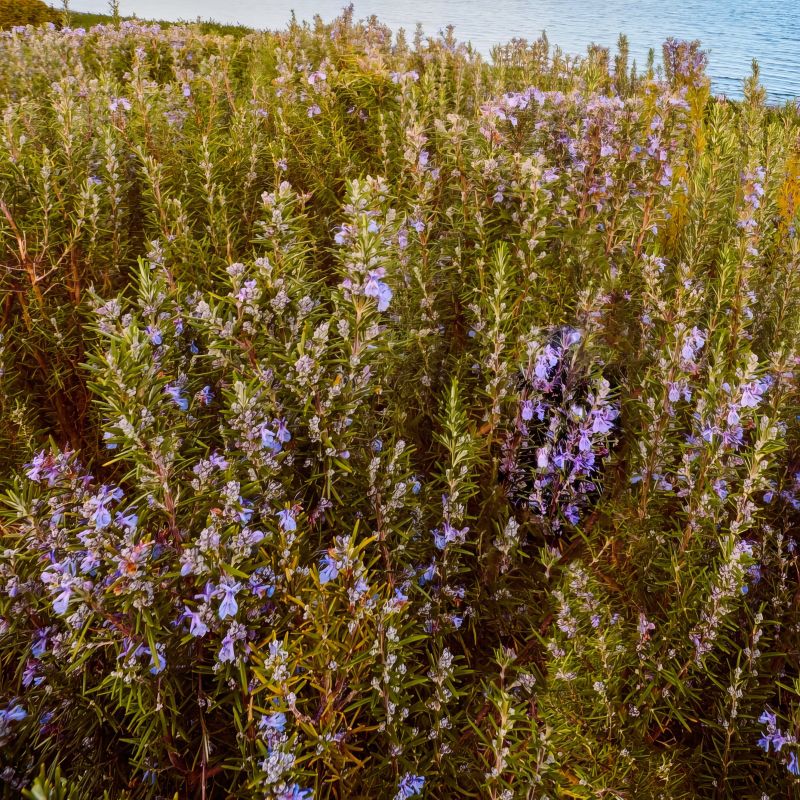
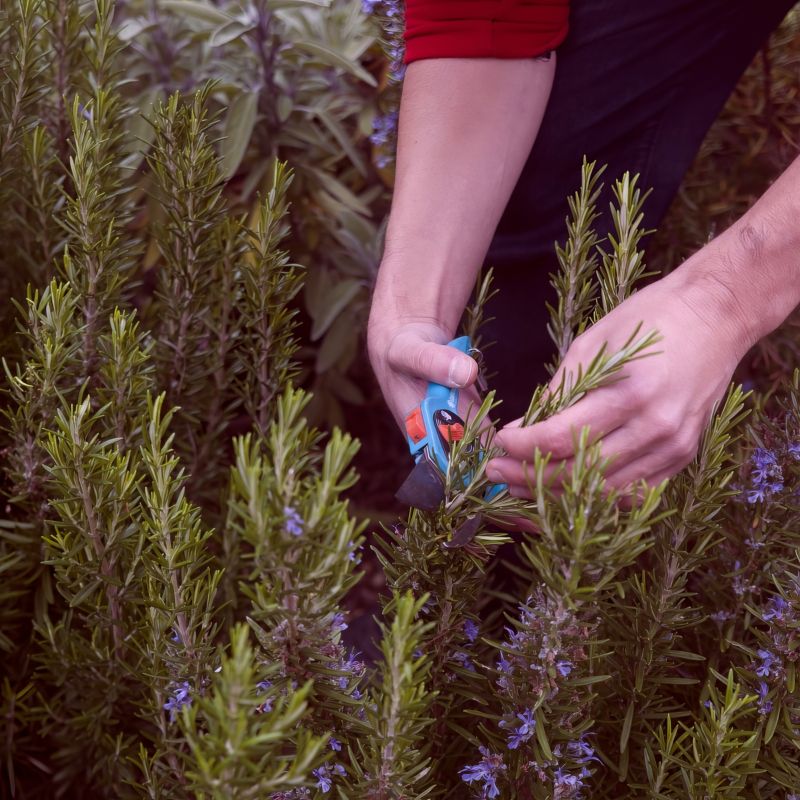
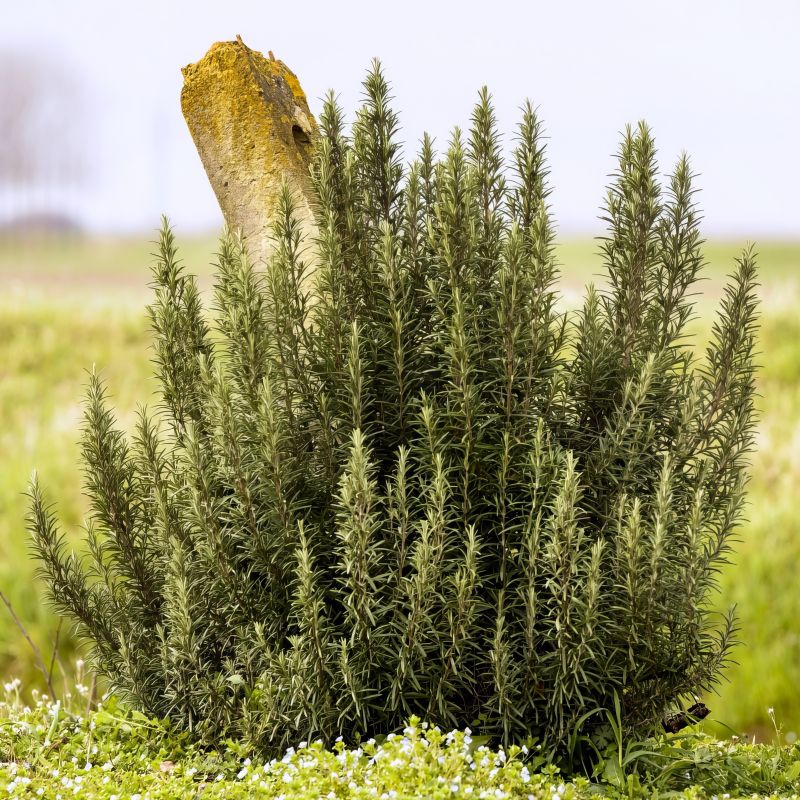
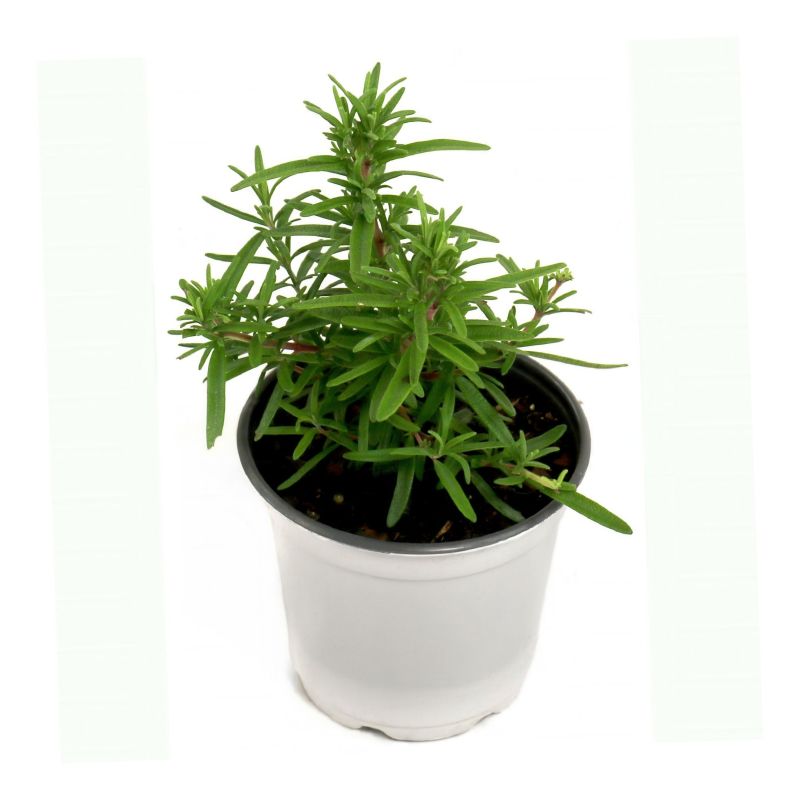
Rosemary
Rosmarinus officinalis
52 reviews
Rosemary
Rosmarinus officinalis
52 reviews
- Rich in antioxidants
- Improves digestion
- Enhances memory and concentration
- Recommended by landscape designers for optimal fit in real yards
$52.00
$75.00
30% Off
- Ships to in 3 to 7 days
- Free Shipping Over $150
- Plant Arrival Guarantee
- In Stock
- Free Plant Consult
$200 - Landscape-Approved: Every Plant We Sell Comes With Design Expertise Behind It
- 4" Pot
- 4" Pot, 3 Pack
Not just beautiful - intentionally selected by ShrubHub's 3D landscape design team to fit real-world spaces and maximize yard potential.
Why Rosemary?
Rosemary is a versatile herb known for its distinct aroma and flavor. It is commonly used in culinary dishes, as well as in herbal medicine for its potential health benefits. Rosemary has antioxidant and anti-inflammatory properties, making it a popular ingredient in skincare products. Additionally, its fragrant essential oil is often used in aromatherapy for its calming and uplifting effects.
People who loved this plant also bought
Sunlight
Rosemary thrives in full sun, requiring at least 6-8 hours of direct sunlight per day. Insufficient sunlight can lead to leggy growth, decreased flowering, and overall poor health. Plant rosemary in a location that receives plenty of sunlight to promote st
Watering
Rosemary plants prefer well-drained soil and only require watering when the top inch of soil is dry to the touch. Avoid overwatering as it can lead to root rot. In hotter climates, they may need more frequent watering, but be careful not to saturate the so
Fertilizing
Rosemary plants benefit from a balanced fertilizer with a higher ratio of nitrogen, such as a 10-10-10 or 10-12-10 formula. It is recommended to fertilize rosemary sparingly, about once a month during the growing season, to avoid over-fertilization which c
Rosemary has a been a classic holiday plant for many years. This collection gives you three 4 in. containers to do your own holiday decorating. Spruce up your fireplace mantel or create a beautiful centerpiece, the possibilities are endless with these 3 beauties.
Plant Information:
| Botanical Name: | Rosmarinus officinalis |
| USDA Zones: | 7 - 10 |
| Mature Height: | 4 ft |
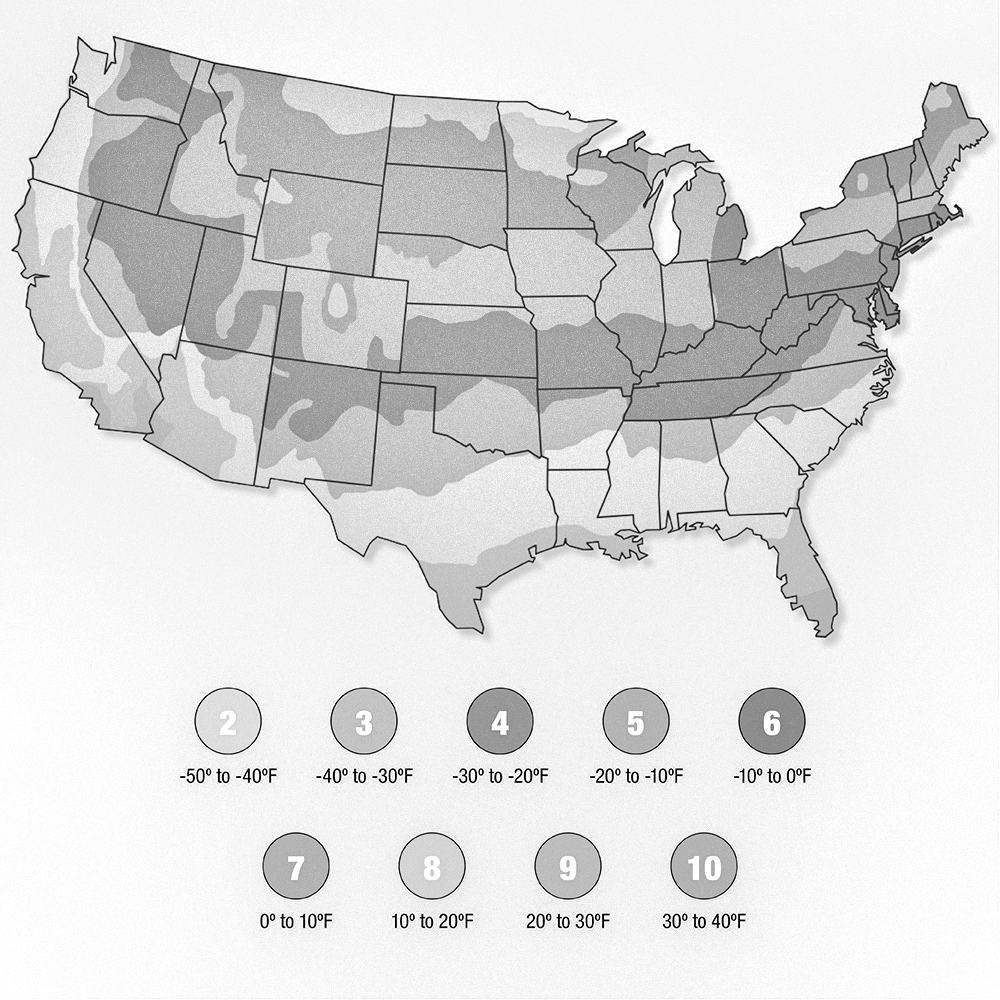

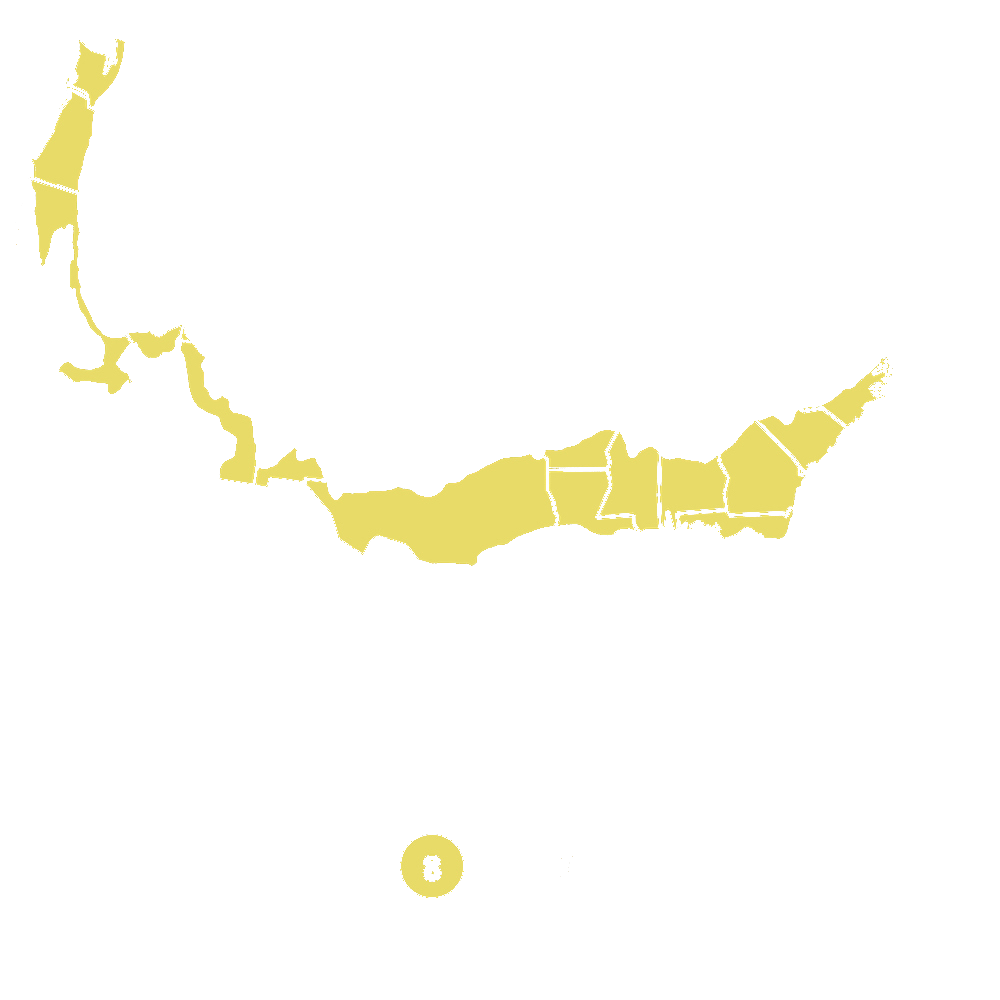
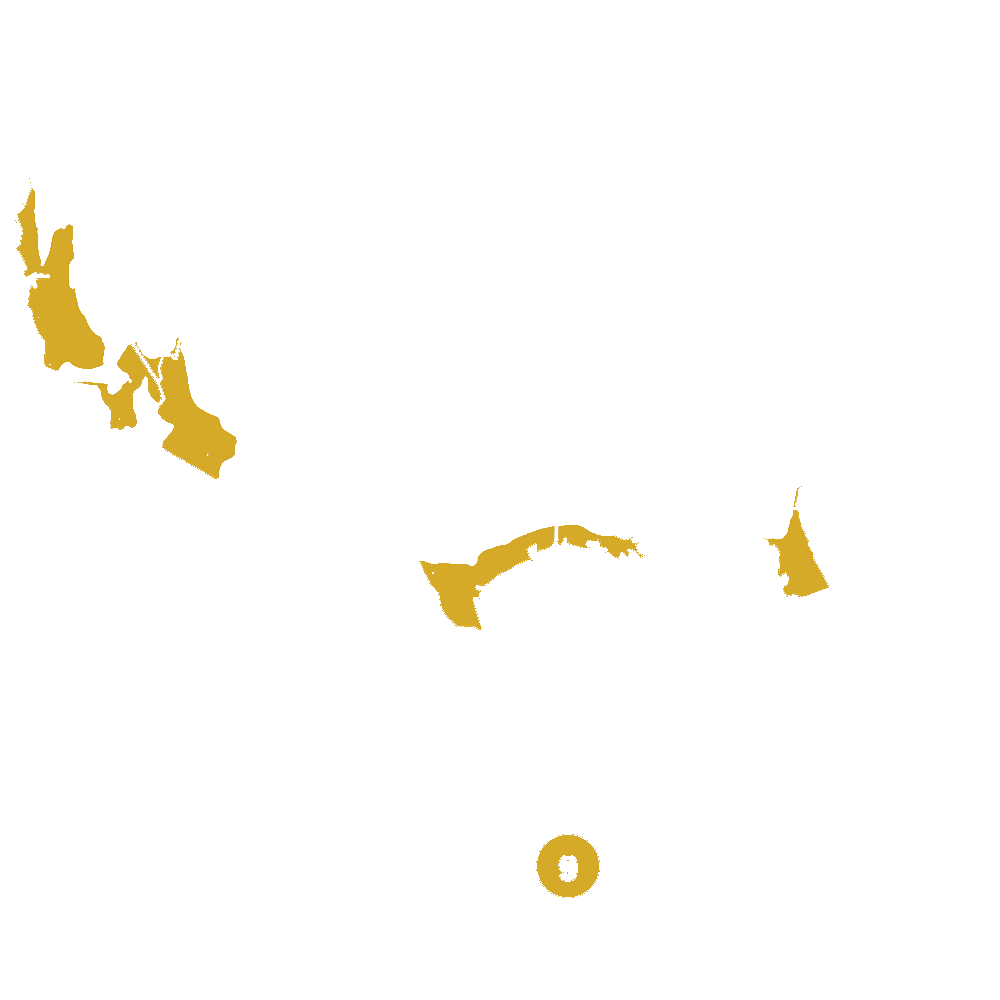

Pollination Info
Rosemary Pollination Info
Rosemary (Rosmarinus officinalis) is a woody, perennial herb with fragrant, needle-like leaves and white, pink, purple, or blue flowers. It is native to the Mediterranean region and is commonly grown in gardens for its culinary and medicinal uses.
Pollination:
Rosemary flowers are pollinated by bees, particularly honeybees, bumblebees, and solitary bees. The flowers are highly attractive to bees due to their abundant nectar and pollen. As bees visit the flowers to collect food, they inadvertently transfer pollen from one flower to another, resulting in pollination.
Self-pollination:
Rosemary plants are capable of self-pollination, meaning that they can produce seeds without the need for pollen from another plant. However, cross-pollination between different rosemary plants can improve genetic diversity and overall plant health.
Importance of Pollination:
Pollination is essential for the reproduction of rosemary plants. Without proper pollination, the flowers would not develop into seeds, and the plant would not be able to reproduce. Bees play a crucial role in pollinating rosemary flowers and ensuring the plant's continued growth and propagation.
FAQ
Rosemary (Rosmarinus officinalis) FAQ
What is Rosemary?
Rosemary is a fragrant evergreen herb that is commonly used in cooking, aromatherapy, and for its medicinal properties.
How do I grow Rosemary?
Rosemary thrives in well-drained soil and full sun. It can be grown from seeds or cuttings and requires regular pruning to encourage growth.
How do I use Rosemary in cooking?
Rosemary is a versatile herb that can be used fresh or dried in a variety of dishes, including meats, soups, and sauces. It pairs well with garlic, lemon, and olive oil.
What are the health benefits of Rosemary?
Rosemary is believed to have several health benefits, including improved digestion, reduced inflammation, and improved memory and concentration.
Can I use Rosemary essential oil?
Rosemary essential oil is popular for aromatherapy and can be used in massage oils, diffusers, and bath products. It is important to dilute essential oils before use and to avoid contact with sensitive skin.
Planting & Care
Planting and Care for Rosemary
Rosemary (Rosmarinus officinalis) is a popular herb known for its distinctive fragrance and culinary uses. Here are some tips for planting and caring for rosemary:
Planting:
- Choose a sunny location with well-drained soil for planting rosemary.
- Ensure the soil is not too wet to prevent root rot.
- Plant rosemary in a pot or container if you live in a region with cold winters, as it is sensitive to frost.
- Space rosemary plants at least 2 feet apart to allow for good air circulation.
Care:
- Water rosemary plants regularly, but allow the soil to dry out slightly between waterings.
- Prune rosemary regularly to maintain its shape and encourage new growth.
- Fertilize rosemary with a balanced fertilizer in the spring to promote healthy growth.
- Harvest rosemary by cutting stems as needed, but avoid overharvesting to allow the plant to grow back.
With proper care, rosemary can thrive and provide you with fresh herbs for cooking and aromatherapy.
Check Out These Verified Customer Reviews:
Customer Reviews
4.7 out of 5 based on 52 reviews
Thank you! Your review has been submitted.
Great quality rosemary leaves. Perfect for cooking and aromatherapy.
The rosemary plant arrived in great condition and was exactly as described. The website was easy to navigate and the customer service was excellent. Highly recommend!
I absolutely love the rosemary I received! The plant looks healthy and vibrant. The packaging was secure and delivery was prompt. Overall, a great experience!
Item has been added to your cart.

